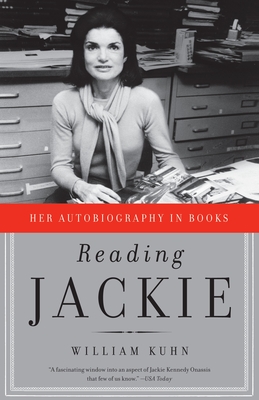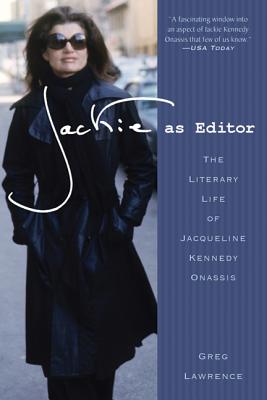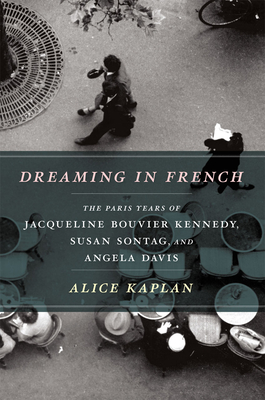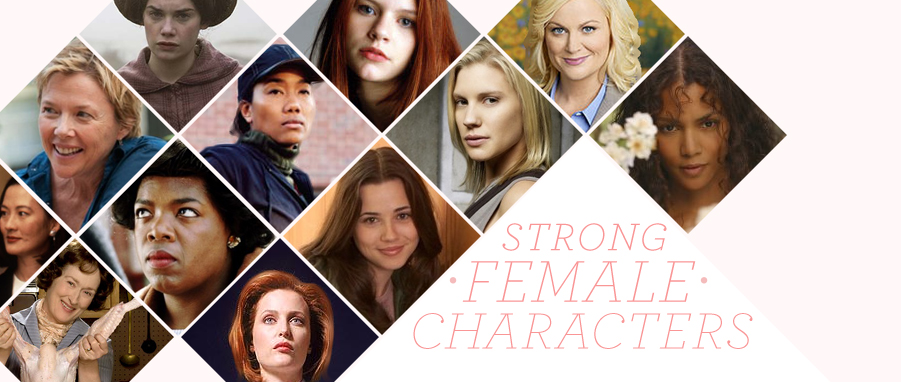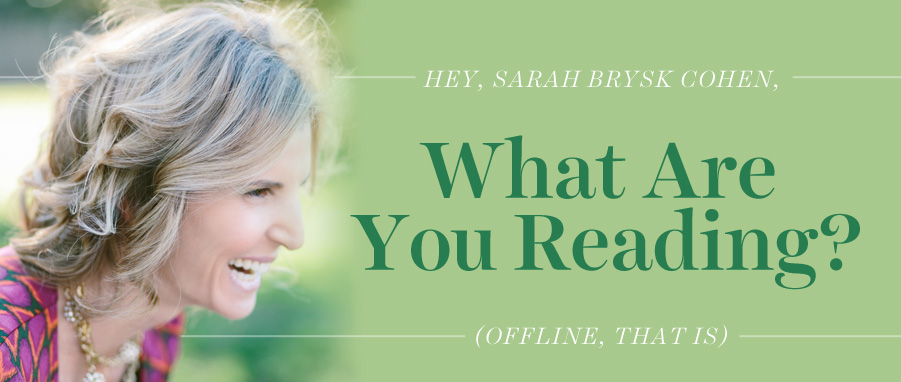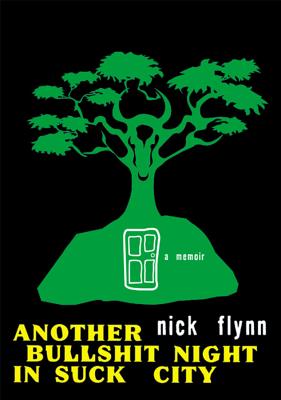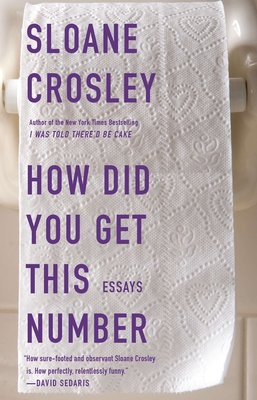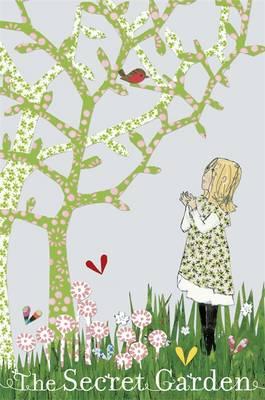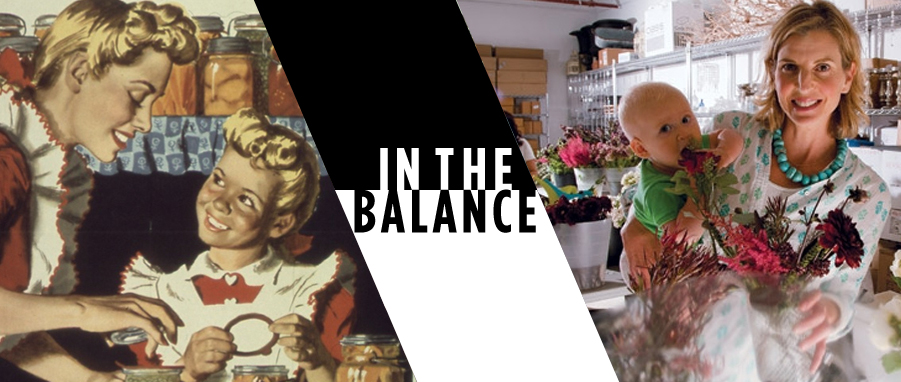 The first reason I wanted to write about Semiramis was because of her cool name, and the second was because I hadn’t written about an ancient historical woman since my first post on Hatshepsut. Lack of sources and all that.
The first reason I wanted to write about Semiramis was because of her cool name, and the second was because I hadn’t written about an ancient historical woman since my first post on Hatshepsut. Lack of sources and all that.
But after just a cursory scan of her Wikipedia page, my interest was very much piqued, more because of what wasn’t there than what was. It’s true that with ancient figures, as opposed to modern ones, the lack of sources can be crippling. Photographs and phonographic recordings are certainly easier to interpret than crumbling papyrus scrolls. But even as far as ancients go, Semiramis’s life is a complete mystery. And yet, this hasn’t prevented a whole bunch of people—mostly men—from liberally inventing her life story in a whole bunch of ways.
The real Semiramis was probably actually an Assyrian queen named Shammuramat who, following her husband Shamshi-Adad V’s death, ruled as regent for her young son from 810 to 806 BCE. Her actual looks, personality, and accomplishments are shrouded in that aforementioned mystery—though, at the very least, we know she spent a few years in charge of the Neo-Assyrian Empire at its powerful height, with a rule spanning from Asia Minor to western Iran. The neighboring Greeks, Iranians, and Indians probably fueled the Semiramis legend due to their contact with the Assyrian empire during her reign. Average Greek/Iranian/Indian guy: “Those Assyrians are badass and they’re ruled by a woman? Man, she must be super hardcore, bro.” (It’s my theory that bros are not a new phenomenon.)
Beyond that, Shammuramat/Semiramis’s life gets murky. But like I said, a whole bunch of people over the centuries—mostly men—can tell you plenty about her. Here’s a brief rundown of the, shall we say, creative Semiramis interpretations:
Ancient Greeks and Persians believed her to be the legendary queen of king Ninus of Babylon, who oversaw the building of the Hanging Gardens, one of the Seven Wonders of the World.
Greek historian Diodorus Siculus, who lived in the first century BCE, devoted a lot of ink (or stone chisels, or whatever) to Semiramis in his The Library of History. According to Diodorus, she was the daughter of a fish goddess (!) that was raised by doves (!!) and then married to the Babylonian king Ninus. When Ninus died, she pretended to be her son for forty-two years (kind of a more soap-opera version of serving as regent), and during that time commanded armies, conquered Libya and Ethiopia, built palaces, and waged an unsuccessful campaign in India which included an army of mechanical elephants (!!!). However, Dio S. refuted the popular claim that she built the Hanging Gardens, noting that these were built after her time by Nebuchadnezzar (owner of one of the best names any king has had, period).
Ammianus Marcellinus, a Roman historian, claimed Semiramis invented eunuchs— yes—initiating the practice of castrating male youth. Others also said she invented the chastity belt. (I hear those words, my mind still goes to Maid Marian’s steel padlocked underwear in Robin Hood: Men in Tights.)
Armenian tradition depicted her as a harlot—in a traditional story, she killed the Armenian king Ara the Beautiful after he refused her hand in marriage.
Dante put her in the Second Circle of Hell, along with Helen of Troy, in his Inferno. Probably another one of those “harlot” things.
Alexander Hislop, the 19th-century Protestant minister, wrote about her in his The Two Babylons (1853) and placed her in biblical tradition. According to Alex H., she was the consort of Nimrod, builder of the Tower of Babel, and she deified herself as the Sumerian goddess Ishtar, mother of Gilgamesh. Later Catholic tradition was based on Semiramis’s Ishtar legend—including the Virgin Mary—which, essentially, allowed Hislop to equate Catholicism with paganism. (Which leads me to question, where does that leave Protestantism? But I haven’t read this masterpiece of theological inquiry, so I won’t judge, beyond the fact that I just sarcastically called it a masterpiece of theological inquiry.)
On top of all this, Semiramis has been the subject of silent and talkie films (Queen of Babylon, 1954; I am Semiramis, 1963), operas (Rossini’s Semaride; Meyerbeer’s Semaride), plays (Voltaire’s Semiramis, a brief mention in Shakespeare’s Titus Andronicus), and 18th-century paintings (both paintings shown here; Jean-Simon Berthélemy’s Semiramis Inspecting a Plan of Babylon), among other things. Now all that’s missing in terms of namesakes is a feminist pop culture website (a la Jezebel).
Like Jezebel, Mary Magdalene, Cleopatra, and a host of other ancient women, Semiramis has become synonymous with female licentiousness and sexual immorality, a symbol of woman’s role as earthly temptation. But she has also been attributed qualities of leadership, daring, ambition, courage, and empire-building. She’s even been called a fish goddess’s daughter---which sounds like the name of an Amy Tan novel.
So the stories are obviously all a little different. But for me, the striking common thread is, again, the way that Semiramis serves as an empty vessel, whether that’s for themes of sexual immorality, leadership, divinity, or what have you. Basically, she served whatever purpose the dude---storyteller, scroll-writer, Enlightenment playwright, or silent film director---had in mind, informed by the cultural context of the times through which her legacy was passed down. And these contexts tended to be supremely male-centric, Bible-obsessed, and probably Orientalist.
In this, then, Semiramis's story is not so different from the story of women today. Sure, we’ve come a long way. Yet women often continue to serve as symbols of societal morality, to be talked about with or without women’s participation. There are public debates about how women should dress, how women should behave sexually, how women should balance work and home life. There are political debates about rape, birth control, abortion. There are humanitarian debates about women in other countries---most recently, Nicholas Kristof and Sheryl WuDunn’s Half the Sky made a splash---and how their dress, rights, cultural roles represent the relative freedom and, perhaps, morality of their societies. (And maybe whether or not we should invade them.)
So as awesome as all the stories about Semiramis are, as an ancient woman of historical legend, I think the most interesting thing about her is that she has secrets. That, maybe, I can relate to.







